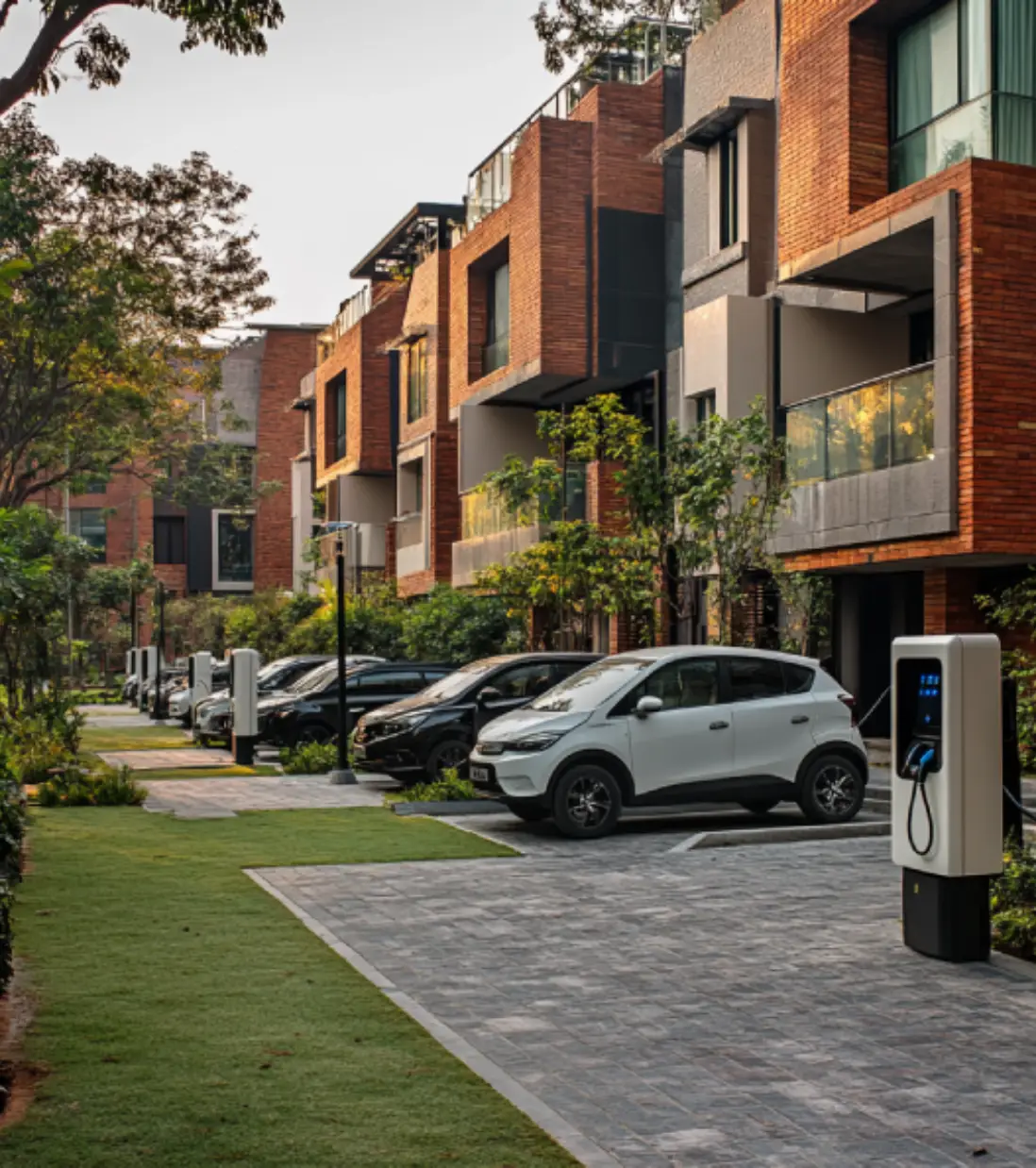
Navigating the World of EV Charging
Electric vehicles (EVs) are rapidly gaining popularity across India, thanks to government incentives, rising fuel prices, and increasing environmental awareness. But for many new EV owners, there’s one area that often feels confusing and even intimidating: charging.
With so many charging options, varying speeds, connector types, and payment models, figuring out how to charge your vehicle efficiently can seem like a puzzle. If you’re new to the EV world, you’re probably asking questions like:
-
“How fast will my EV charge?”
-
“Where can I find a public charging station?”
-
“Is home charging cheaper?”
-
“What if a charger isn’t working?”
Don’t worry — you’re not alone. And we’ve got you covered.
In this blog, we’ll walk you through the essentials of EV charging, helping you gain the confidence and clarity to make the most of your electric vehicle.
🔌 Understanding the Basics: Types of EV Chargers & Charging Speeds
Before diving into locations and costs, let’s understand the three main types of EV chargers you’ll encounter:
1. Level 1 – Slow Charging
-
Connector: Standard 15A plug (used at home)
-
Charging Speed: 8–12 hours for a full charge
-
Best for: Overnight home charging, low daily usage
2. Level 2 – Fast AC Charging
-
Connector: Type 2 / Bharat AC
-
Charging Speed: 4–6 hours for full charge
-
Best for: Workplaces, apartments, and public areas
3. Level 3 – DC Fast Charging
-
Connector: CCS2 / CHAdeMO / Bharat DC
-
Charging Speed: 45–90 minutes for up to 80% charge
-
Best for: Long-distance travel, highway rest stops, commercial hubs
Knowing what your EV supports — and where each type is available — is the first step to charging smart.
